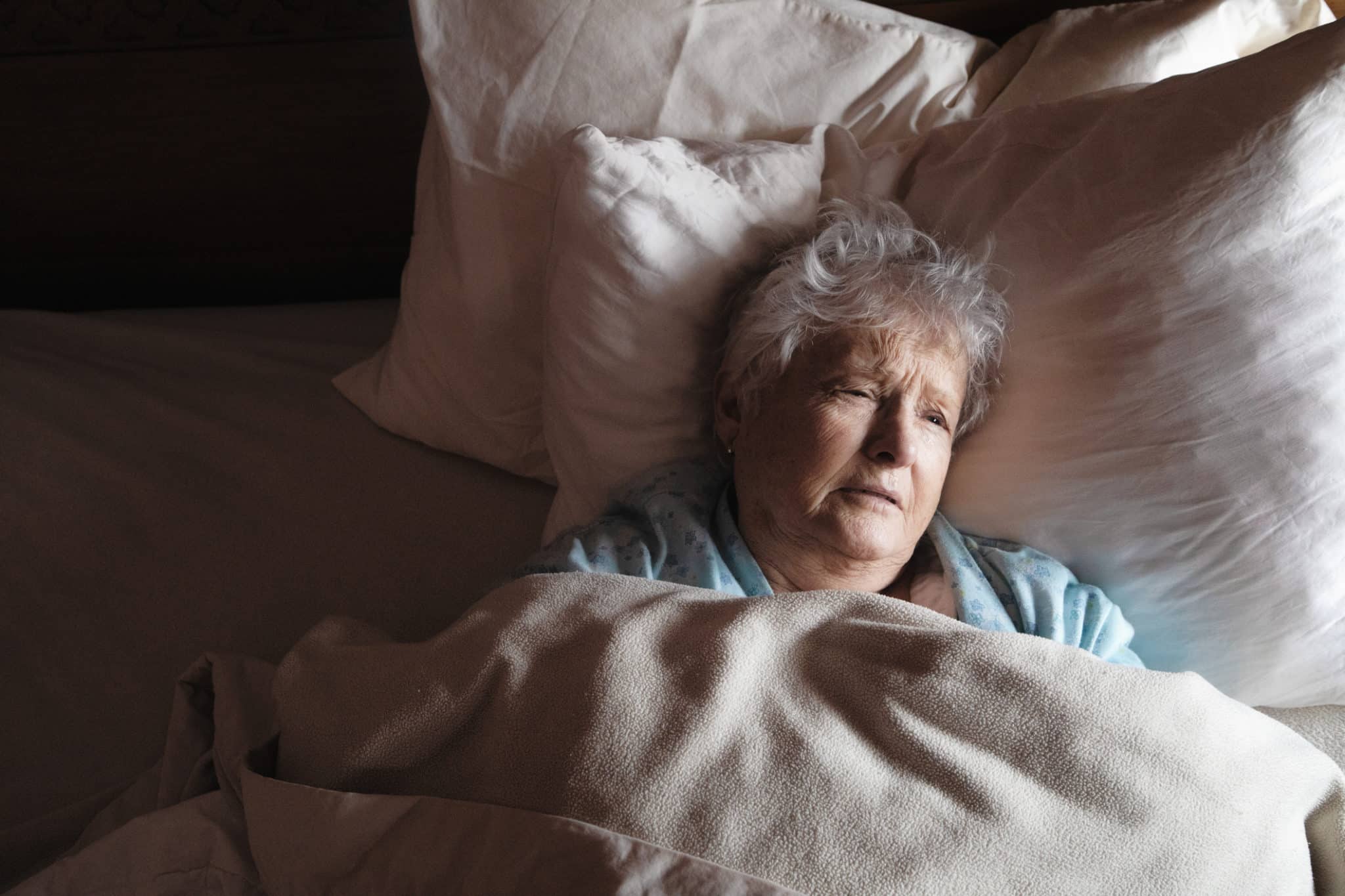
Nursing home neglect is the failure to provide proper care, resulting in harm or risk to a resident. Unlike abuse, which involves intentional harm, neglect often stems from carelessness, insufficient staff, or inadequate training. Neglect can affect residents physically, emotionally, and socially, leading to serious health issues or even death.
When families entrust a loved one to a nursing home, they expect compassionate care, respect, and safety. Unfortunately, not all facilities meet these expectations, and instances of nursing home neglect can arise. This article will cover what constitutes nursing home neglect, examples of neglect in nursing homes, and the legal options available to families in West Virginia.
Key Takeaways
- Nursing home neglect occurs when caregivers fail to meet a resident’s basic needs.
- Examples of neglect in nursing homes include inadequate food, poor hygiene, and ignored medical conditions.
- Neglect can lead to severe physical, emotional, and psychological harm for residents.
- Early detection of neglect is crucial to prevent further harm and hold facilities accountable.
- Families have legal options to seek justice for loved ones subjected to neglect, including pursuing compensation for medical bills and emotional distress.
Types of Nursing Home Neglect
Nursing home neglect can manifest in various forms, impacting residents’ physical, medical, emotional, and social well-being. Below is an overview of the different types and examples of neglect in nursing homes to help families recognize the warning signs:
Physical Neglect
Physical neglect occurs when caregivers fail to meet the basic physical needs of residents.
Examples:
- Failure to provide adequate food, water, and hygiene.
- Ignoring a resident’s need for mobility assistance.
Medical Neglect
Medical neglect happens when nursing homes fail to address residents’ medical conditions.
Examples:
- Not treating wounds, infections, or chronic illnesses.
- Failure to administer prescribed medications.
Emotional and Social Neglect
Emotional and social neglect occurs when residents are isolated or ignored by caregivers. This type of neglect often leads to feelings of loneliness and depression, as residents are deprived of meaningful interactions and activities.
Examples:
- Isolating residents or ignoring their emotional needs.
- Failing to offer social interaction or activities.
Neglect of Basic Needs
Neglect of basic needs involves failing to provide residents with essential resources such as clean bedding, proper clothing, and a safe living environment. This type of neglect can lead to unsanitary and unsafe conditions that put residents at risk.
Examples:
- Allowing unsanitary living conditions.
- Failing to provide proper heating, cooling, or bedding.
Warning Signs of Nursing Home Neglect
Recognizing the warning signs of nursing home neglect is vital for protecting your loved ones. Many signs are subtle and may develop over time, but being vigilant can help identify issues early and prevent further harm.
Physical Warning Signs
- Bedsores or pressure ulcers.
- Sudden weight loss or dehydration.
Emotional Warning Signs
- Depression, anxiety, or withdrawal from social interactions.
- Sudden changes in behavior or mood.
Environmental Warning Signs
- Dirty or unsafe living spaces.
- Lack of proper lighting, ventilation, or cleanliness.
Causes of Nursing Home Neglect
Many cases of nursing home neglect stem from systemic problems within facilities, including:
- Insufficient staff to care for all residents adequately.
- Poor training and caregivers lacking proper knowledge to handle residents’ needs.
- Mismanagement and facilities prioritizing profits over proper care.
- High employee turnover leading to inconsistent care.
- Inadequate supervision of staff.
- Overcrowded facilities, straining available resources.
- Lack of accountability from management.
- Financial mismanagement resulting in insufficient supplies or services.
- Neglecting to perform regular facility inspections or safety checks.
Consequences of Nursing Home Neglect
Neglect can result in severe physical and emotional harm, such as:
- Development of life-threatening infections or illnesses.
- Increased risk of falls or mobility issues, often leading to broken bones or long-term disabilities.
- Psychological trauma from isolation or lack of care, such as depression or anxiety.
- Deterioration of pre-existing medical conditions due to inadequate attention or medication errors.
In extreme cases, neglect can lead to wrongful death, leaving families devastated and seeking justice for their loved ones.
Legal Options for Victims of Nursing Home Neglect in West Virginia
West Virginia law provides avenues for victims and their families to seek justice. At Stewart Bell, PLLC, we help clients:
- Understand their legal rights.
- File claims against negligent nursing homes.
- Pursue compensation for medical bills, pain, and suffering.
Our team understands the complexities of these cases and works tirelessly to ensure families in Charleston, Dunbar, Huntington, and across West Virginia get the justice they deserve. Whether your loved one has suffered physical, medical, or emotional neglect, we are here to help.
Free Consultations: No Cost, No Obligation
Recognizing what is considered nursing home neglect is the first step towards protecting your loved ones and ensuring their rights are upheld. Contact us today for a free case review to learn more about how we can pursue justice for your loved ones and hold negligent facilities accountable.






